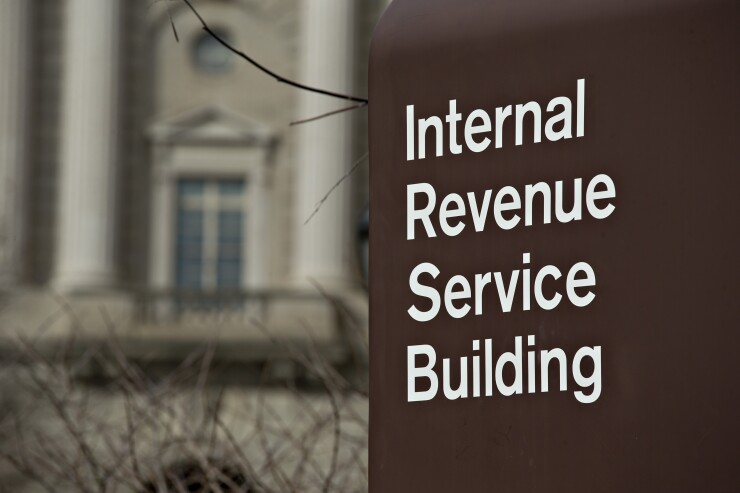Clients can expect greater tax benefits after they retire, according to this article on Kiplinger. For example, retirees get a bigger standard tax deduction and have an easier time to deduct their medical expenses. They can also claim a tax deduction for Medicare premium payments and contribute to a tax-advantaged spousal IRA if they continue working.

As the average life span is increasing, people are more likely to remain in the workplace after reaching the traditional retirement age, according to this article on The New York Times. As such, seniors who intend to continue working past this age may want to change jobs and pursue a new career that they find fulfilling, the article argues. "[W]hat if we flipped the paradigm and the end goal wasn’t to stop doing the wrong kind of work, but to start doing the right kind of work? Just imagine how liberating that will feel."
A study by the Pew Charitable Trusts has found that the Great Recession pushed many young workers, Latinos and African-Americans to accept part-time jobs, according to this article on Money. This made 401(k) plans inaccessible to them and hurt their retirement prospects, as a workplace plan is crucial to building their nest egg. “It’s all about providing access. For the most part, people take advantage of the opportunity to save if it’s easy,” says an expert.
A 64-year-old client can collect a reduced spousal benefit on the record of his 56-year-old husband who is receiving disability benefit from Social Security, according to this article on Forbes. However, since she has not reached her full retirement age, she will be deemed to have filed for her own retirement benefit, which means that her own benefit will also be reduced. What she will receive is her reduced retirement benefit plus excess spousal benefit, which is 50% of her husband's disability benefit less 100% of her reduced retirement benefit.
To avoid income taxes after retirement, clients should ensure their annual income is below $25,000 (single taxpayers) or $32,000 (joint filers), according to this article on Motley Fool. This is because a portion of their Social Security benefits will be taxed if their earnings exceed the income threshold. Retirees may also invest in municipal bonds for their tax-exempt interest yields and contribute to a Roth IRA for their tax-free distributions. Investors in the lowest tax bracket may sell their investments after more than a year, as they will owe zero tax on long-term capital gains. Retirees who downsize also owe no tax on up to $250,000 (singles) or $500,000 (couples) in capital gains from the sale of their primary home.





